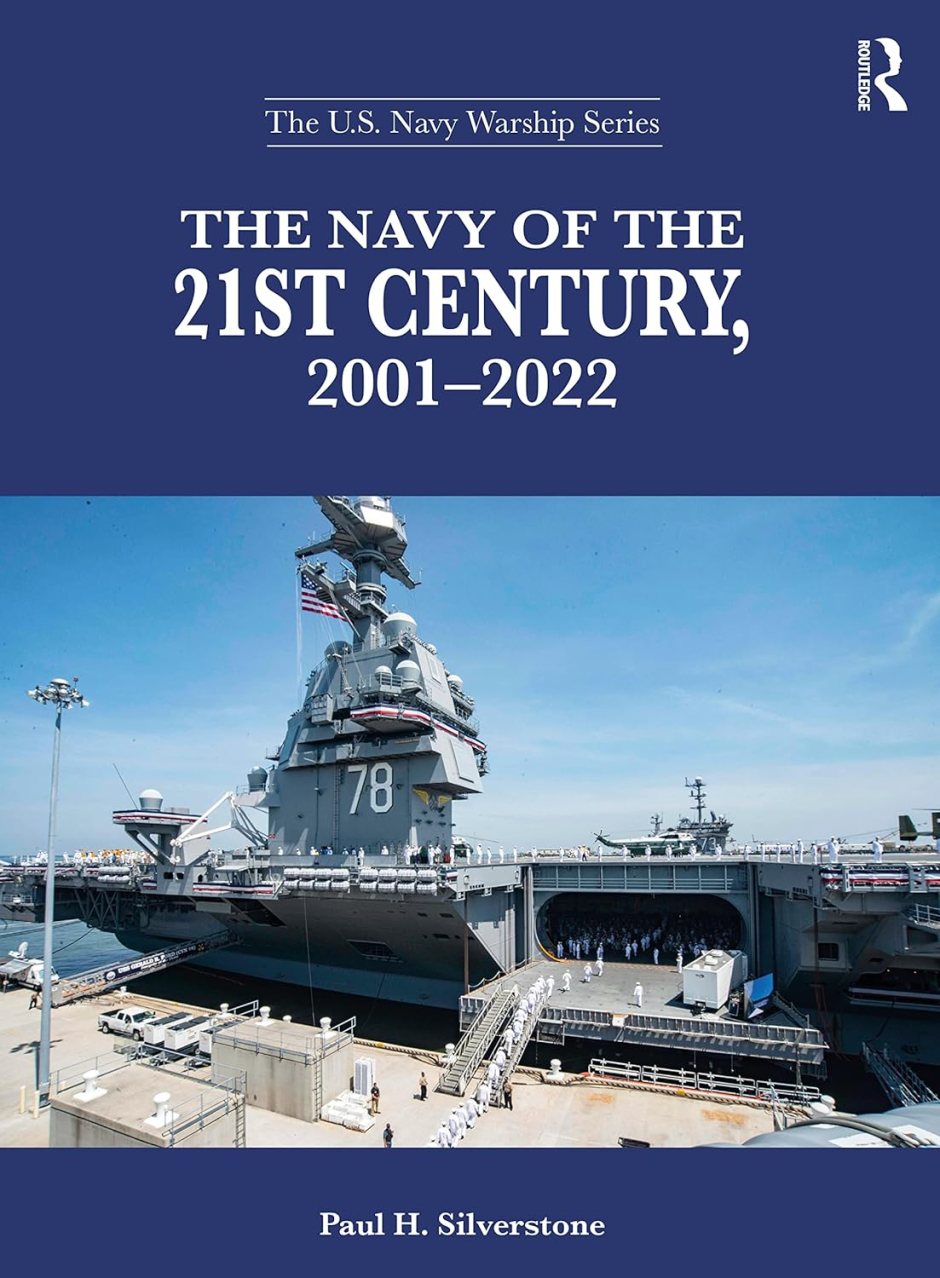Article by Henning Trüper
Article Abstract:
This article explores the relationship between moral and legal language as convergent and divergent types of normative order in the long history of saving lives from shipwreck since the late eighteenth century. The author presents an argument about humanitarianism as based on a symbolic rupture within an established moral culture and the law as imposing a second rupture on the resulting humanitarian culture, but a complicated and incomplete one, on account of the fractured nature of law when viewed through the lens of the diverse traditions that can be seen to impinge on the current situation. The nature of this argument, then, is genealogical and relates present normative disorder to earlier lines of development.
Topics covered in this article include:
- Humanitarian ruptures
- Lifeboat humanitarianism and the silence of the law
- Legal rupture and the diversity of legal traditions
- Normative mess, sovereign mess
Acknowledgements
The author thanks Gard Paulsen for pointing towards important lacunae and sources; the participants at the conference ‘The Rescuing Sovereign at Sea: Historical Perspectives on Maritime Law, Morals, and Politics’, held at the Leibniz-Zentrum für Literatur- und Kulturforschung, Berlin, 12–14 June 2024; and Sören Koch (Bergen), Andreas Baehr (Frankfurt (Oder)) and the participants at their respective research seminars, who listened to and commented on earlier versions of this article.
Funding
The authors disclosed receipt of the following financial support for the research, authorship, and/or publication of this article: This article is part of a project that has received funding from the European Research Council under the European Union’s Horizon 2020 research and innovation programme (Archipelagic Imperatives: Shipwreck and Lifesaving in European Societies since 1800, grant number: 863393).






